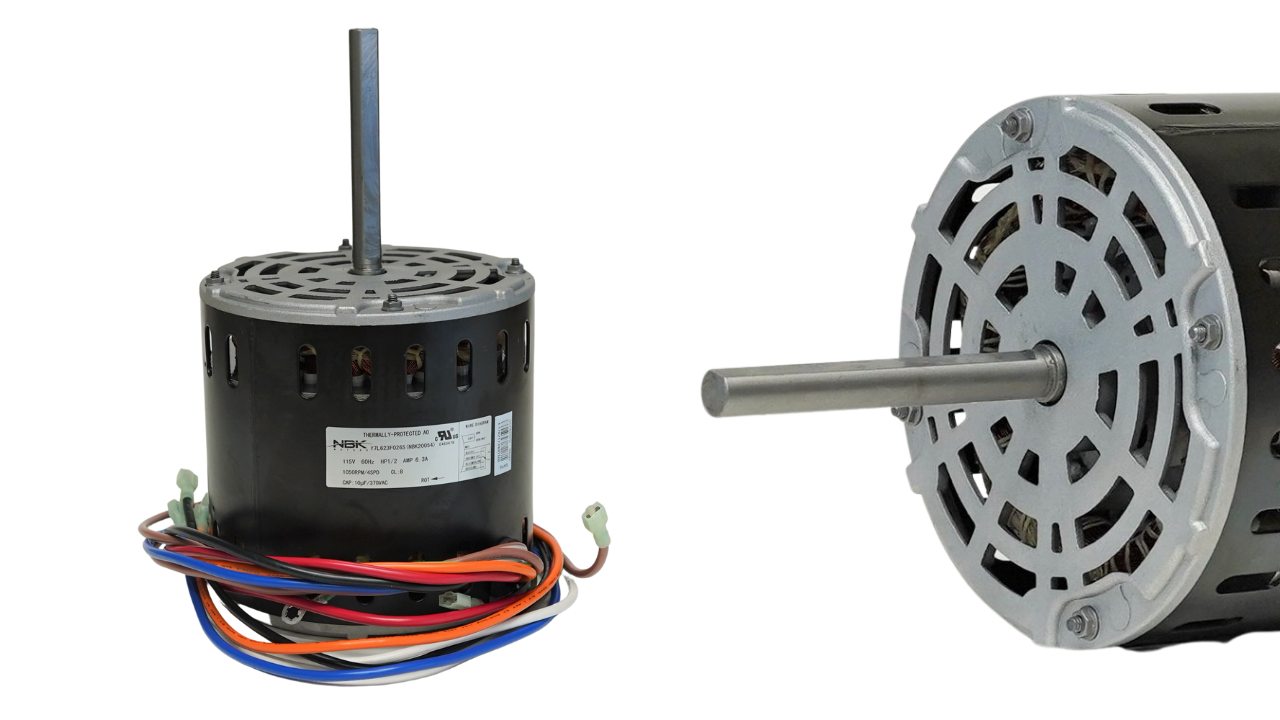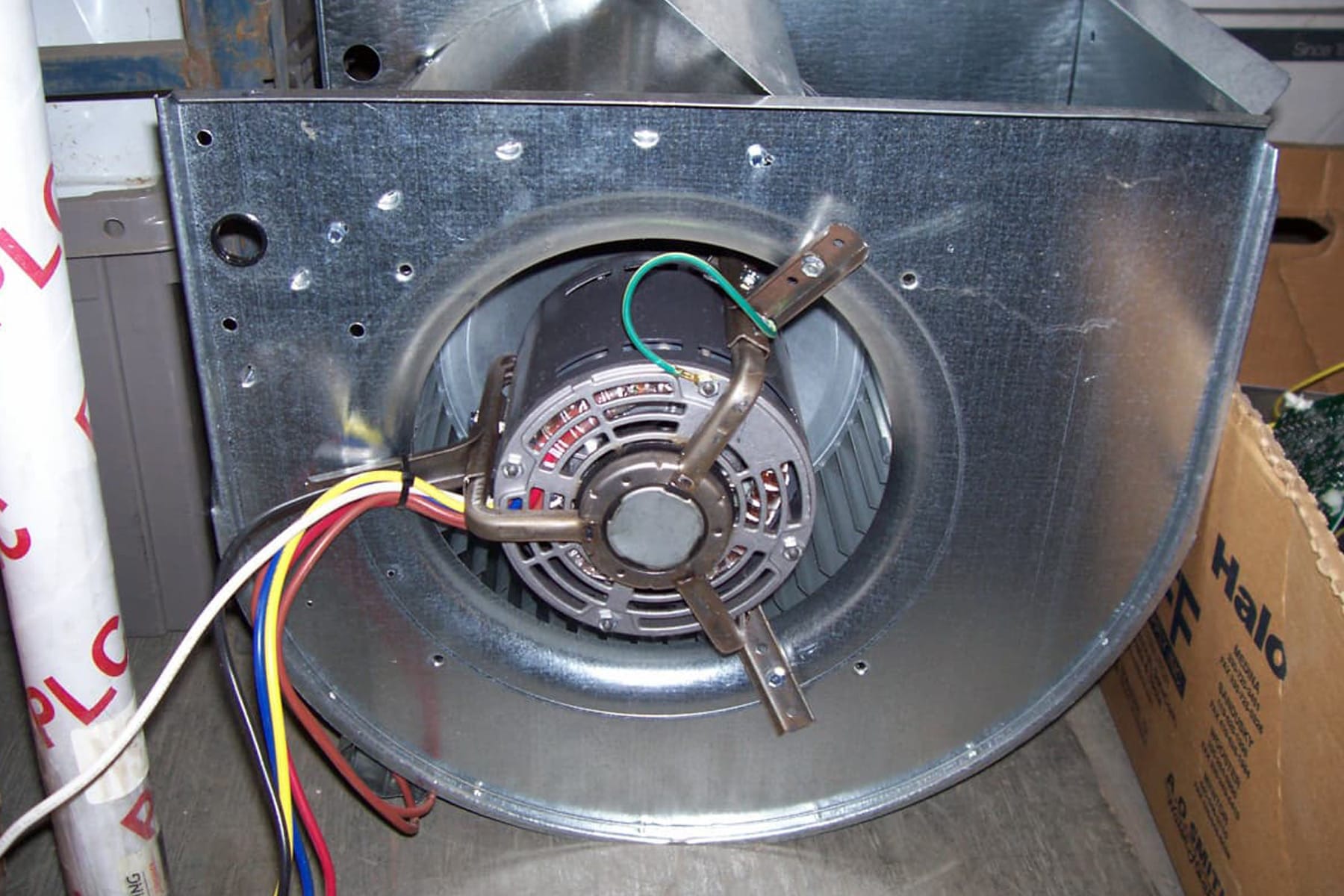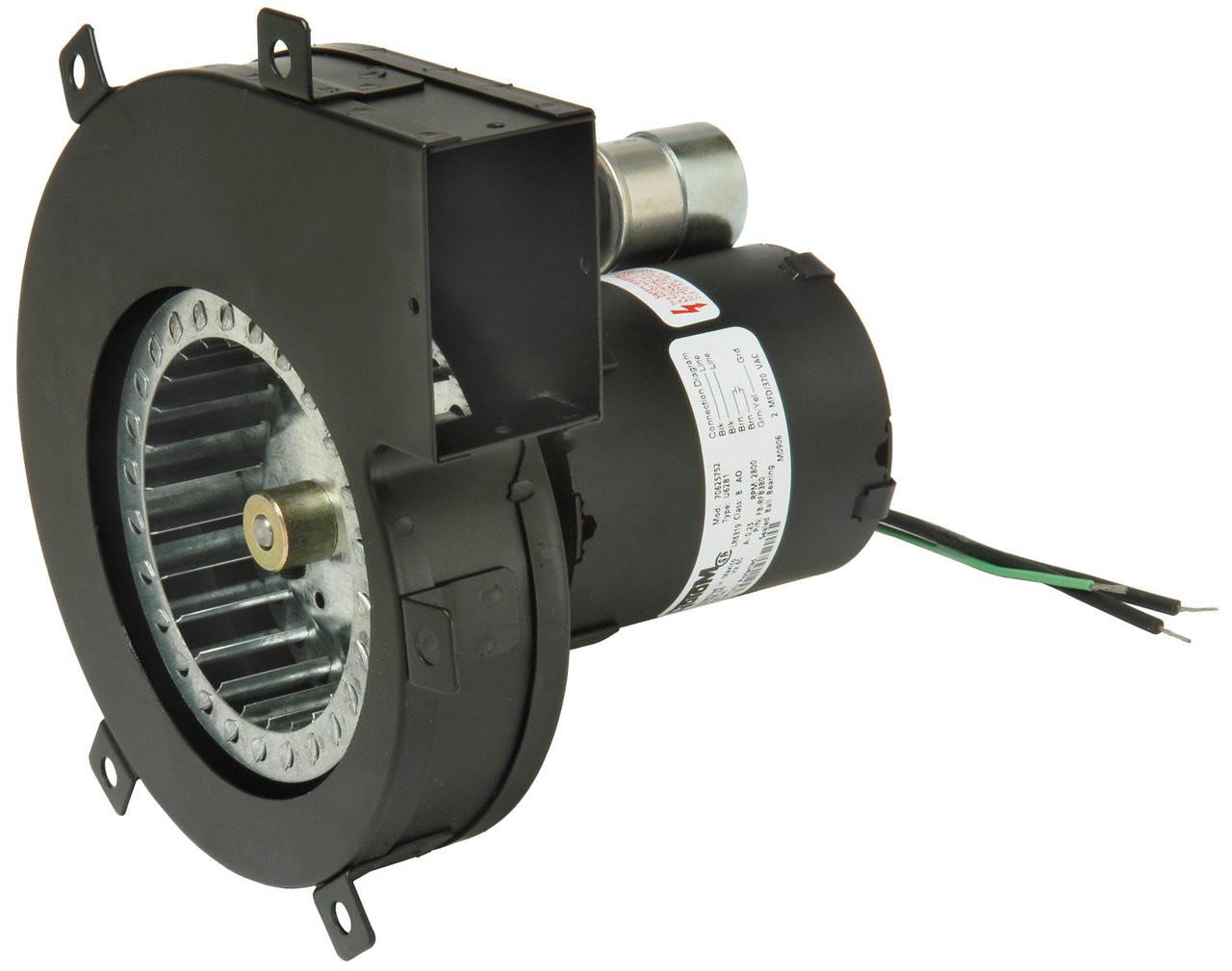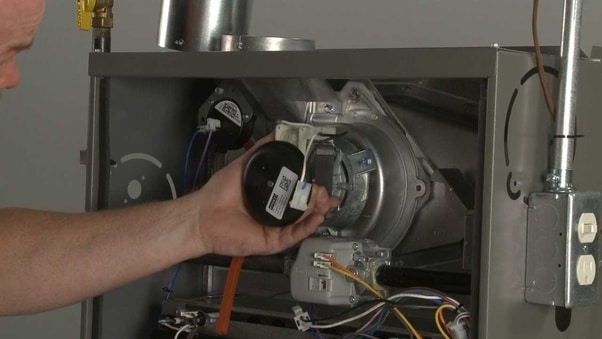How Much Does A Motor For A Furnace Cost

How Much Does a Furnace Motor Replacement Really Cost? A Comprehensive Guide
Your furnace motor is the heart of your heating system, circulating warm air throughout your home or business. When it fails, you're not just facing discomfort – you're staring down a potentially hefty repair bill. Understanding the costs involved in furnace motor replacement is crucial for budgeting, making informed decisions, and ensuring you choose the most energy-efficient option for your needs. This guide breaks down the factors influencing the price of a new furnace motor, explores energy-saving alternatives, and reveals how smart home integration can optimize your heating system for maximum efficiency.
Understanding Furnace Motor Types and Their Cost Implications
The type of furnace motor significantly impacts the replacement cost. Here’s a breakdown of common motor types:
- PSC (Permanent Split Capacitor) Motors: These are the most common and least expensive type of furnace motor. They operate at a fixed speed, making them less energy-efficient than newer models. Expect to pay between $150 and $400 for the motor itself.
- ECM (Electronically Commutated Motor) Motors: ECM motors are significantly more energy-efficient than PSC motors. They use electronic controls to adjust the motor's speed based on heating demand, reducing energy waste. These motors can range from $400 to $1,000 or more.
- Variable-Speed Motors: These are a type of ECM motor that offers even finer control over airflow and temperature. They provide the most consistent heating and are the most energy-efficient option. However, they also come with the highest price tag, ranging from $600 to $1,200 or higher.
It's essential to consult with a qualified HVAC technician to determine the correct motor type for your furnace. Replacing a PSC motor with an ECM motor might require additional modifications to your furnace, increasing the overall cost.
Factors Affecting Furnace Motor Replacement Cost
Beyond the motor itself, several factors contribute to the total cost of replacement:
- Motor Size (Horsepower): Larger furnaces require more powerful motors, which are naturally more expensive.
- Brand and Quality: Well-known brands and higher-quality motors generally cost more but offer better reliability and longevity. Consider brands like A.O. Smith, Genteq (formerly GE), and Regal Beloit.
- Labor Costs: HVAC technician labor rates vary depending on location and experience. Expect to pay between $75 and $150 per hour for labor. A typical furnace motor replacement takes 2-4 hours, putting labor costs in the $150-$600 range.
- Diagnostic Fees: Many HVAC companies charge a diagnostic fee to assess the problem before providing a quote. This fee can range from $50 to $100.
- Permits and Inspections: In some areas, a permit is required for furnace repairs. This adds to the overall cost. Check with your local building department.
- Accessibility: If your furnace is difficult to access, the technician may charge more for labor.
- Emergency Service: Emergency or after-hours service typically incurs higher labor rates.
Estimating the Total Cost: A Practical Example
Let's consider a real-world scenario:
You need to replace a PSC motor in a standard residential furnace. The motor itself costs $250. Labor is estimated at 3 hours at a rate of $100 per hour, totaling $300. The diagnostic fee was $75. There are no permits required. The total estimated cost is $250 (motor) + $300 (labor) + $75 (diagnostic) = $625.
Now, let’s consider the same scenario but upgrading to an ECM motor:
The ECM motor costs $600. Labor is estimated at 4 hours at a rate of $100 per hour, totaling $400 (due to potential modifications needed). The diagnostic fee was $75. The total estimated cost is $600 (motor) + $400 (labor) + $75 (diagnostic) = $1075.
The Long-Term Value of Energy-Efficient Motors
While ECM and variable-speed motors have a higher upfront cost, they offer significant long-term energy savings. According to the U.S. Department of Energy, replacing a PSC motor with an ECM motor can reduce energy consumption by up to 30%. This translates to lower monthly energy bills and a faster return on investment.
Consider this example: A typical home spends $1,000 annually on heating. A 30% reduction in energy consumption would save $300 per year. In this case, the extra cost of an ECM motor ($1075 - $625 = $450) would be recouped in approximately 1.5 years. Over the lifespan of the furnace (15-20 years), the energy savings can be substantial.
Rebates and Incentives for Energy-Efficient Upgrades
Many utility companies and government agencies offer rebates and incentives for upgrading to energy-efficient HVAC equipment. These programs can significantly reduce the upfront cost of a new ECM or variable-speed motor.
Check the Energy Star website and your local utility company's website for available rebates. The Database of State Incentives for Renewables & Efficiency (DSIRE) is another valuable resource.
Smart Home Integration: Optimizing Your Heating System
Integrating a smart thermostat with your furnace can further enhance energy efficiency and reduce costs. Smart thermostats learn your heating preferences and automatically adjust the temperature based on your schedule. They can also be controlled remotely via a smartphone app.
Here are some benefits of smart thermostat integration:
- Programmable Schedules: Set different temperatures for different times of the day, ensuring you're not heating an empty house.
- Geofencing: The thermostat automatically adjusts the temperature when you leave or approach your home.
- Remote Control: Adjust the temperature from anywhere using your smartphone or tablet.
- Energy Monitoring: Track your energy usage and identify areas where you can save money.
- Integration with Smart Home Platforms: Connect your thermostat to other smart home devices, such as smart lights and smart blinds, for seamless automation.
Pairing a smart thermostat with an ECM or variable-speed motor creates a highly efficient and responsive heating system, maximizing energy savings and comfort.
When to Repair vs. Replace Your Furnace
While replacing the motor can extend the life of your furnace, it's essential to consider the overall age and condition of the unit. If your furnace is more than 15-20 years old, it might be more cost-effective to replace the entire system with a new, high-efficiency model.
Consider these factors when deciding whether to repair or replace:
- Age of the Furnace: Older furnaces are less efficient and more prone to breakdowns.
- Frequency of Repairs: If you've been experiencing frequent repairs, a replacement might be a better long-term investment.
- Energy Efficiency: New furnaces are significantly more energy-efficient than older models.
- Cost of Repairs: If the cost of the motor replacement is a significant portion of the cost of a new furnace, consider a replacement.
Finding a Qualified HVAC Technician
Choosing the right HVAC technician is crucial for ensuring a proper and efficient furnace motor replacement. Look for a technician who is licensed, insured, and experienced in working with your type of furnace. Ask for references and read online reviews before making a decision.
Here are some questions to ask potential technicians:
- Are you licensed and insured?
- How much experience do you have with furnace motor replacements?
- Can you provide a written estimate?
- Do you offer a warranty on your work?
- Are you familiar with energy-efficient HVAC systems and smart home integration?
Negotiating the Best Price
Don't be afraid to shop around and compare quotes from multiple HVAC technicians. Get a detailed written estimate that includes the cost of the motor, labor, and any other fees. Ask if they offer any discounts or financing options.
By understanding the factors that influence furnace motor replacement cost, exploring energy-efficient alternatives, and integrating smart home technology, you can make informed decisions that save you money and improve the comfort of your home or business.
Remember to always prioritize safety and hire a qualified professional for any HVAC repairs or replacements. A well-maintained and energy-efficient furnace will provide reliable heating for years to come, keeping you comfortable and saving you money on your energy bills.










